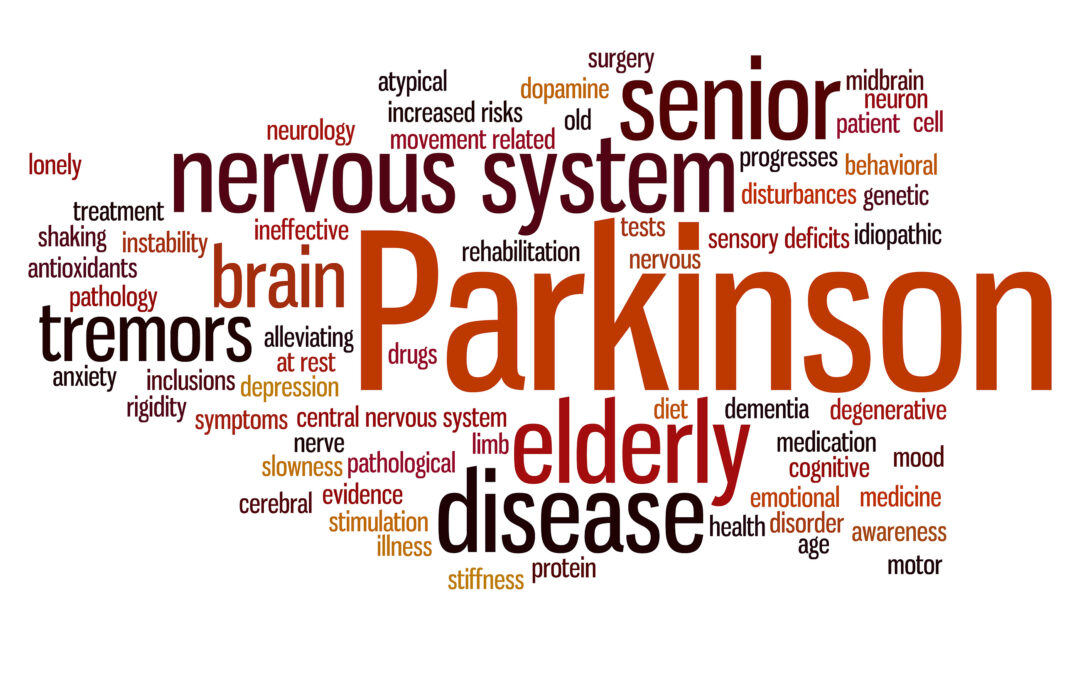By Rachel Nania – AARP Health – April 5, 2024
Diagnosing Parkinson’s disease isn’t as cut-and-dried as diagnosing some other health conditions. Often doctors rely on a patient’s symptoms, medical history and lab tests or brain scans to rule out other disorders.

“In some cases, it can be very clear when we first see a patient that, yes, they have Parkinson’s disease,” says Christopher Gibbons, M.D., a neurologist at Beth Israel Deaconess Medical Center in Boston and associate professor of neurology at Harvard Medical School — for example, if they have a tremor. Other cases are less obvious, and the patient may have to wait some time for a definitive diagnosis.
That can be a frustrating process, Gibbons says. It can also delay treatment. (No drug available yet can reverse or slow the progression of the disease, which occurs when nerve cells in the brain die or become damaged. But some medications can help with Parkinson’s symptoms.)
A new study published in JAMA, however, suggests a skin biopsy could help some doctors in the diagnostic process. The test was roughly 93 percent accurate at detecting Parkinson’s disease in people who had a confirmed case.
The test, which is already commercially available for doctors to order but isn’t widely used, can identify a misfolded protein, called alpha-synuclein, that is a hallmark of Parkinson’s. It can also detect this protein in people with related neurodegenerative conditions, including dementia with Lewy bodies.
This misfolded protein spreads throughout the nervous system, including to the nerves in the skin, says Gibbons, a coauthor on the JAMA study. The researchers took three punch biopsies from study participants — each equivalent to one-eighth the size of a pencil eraser, Gibbons says. The biopsy detected misfolded alpha-synuclein in 92.7 percent of patients with confirmed Parkinson’s disease in the study.
Researchers recently developed a spinal fluid test that can also detect misfolded alpha-synuclein. Gibbons says the utility for these tests is going to be increasingly important, especially when it comes to drug development and enrolling patients in clinical trials. Many potential treatments are in the research pipeline, he says, “and if one of those treatments becomes available, it’ll be incredibly important to know who has the protein and who would respond to a therapy.”
THINKING OF BUYING OR SELLING?
Let the RCFE Resource team of professionals bring proven expertise to help you get the highest price for your Assisted Living or Health Care properties. We are pleased to offer a complimentary, no obligation valuation of your home and business. Please call today for your FREE consultation.
Michelle (949) 397-4506 | michelle@RCFEresource.com
Melvyn (949) 500-3630 | melvyn@RCFEresource.com



